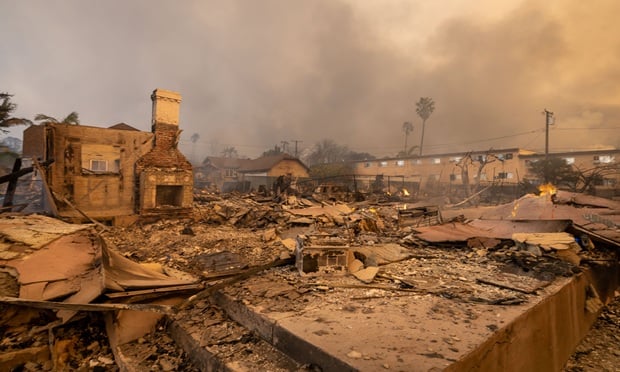Hurricane Wilma==which by some estimates may have inflicted a $12 billion insured loss==will put financial pressure on insurers and reinsurers but not enough to badly damage carriers' credit, according to Moody's Investors Service.
In a new report, the New York-based rating firm said that insurers are much better prepared for Florida catastrophes than other states, noting that carriers with business there have reduced exposure through exclusions, restrictions and increased deductibles.
In its report=="Hurricane Wilma: A Fast Moving Storm With Significant Impact to the Property & Casualty Insurance Industry"==Moody's also mentioned there is significant reinsurance capacity through the state-run Florida Hurricane Catastrophe Fund that backstops property insurers.
Recommended For You
Want to continue reading?
Become a Free PropertyCasualty360 Digital Reader
Your access to unlimited PropertyCasualty360 content isn’t changing.
Once you are an ALM digital member, you’ll receive:
- Breaking insurance news and analysis, on-site and via our newsletters and custom alerts
- Weekly Insurance Speak podcast featuring exclusive interviews with industry leaders
- Educational webcasts, white papers, and ebooks from industry thought leaders
- Critical converage of the employee benefits and financial advisory markets on our other ALM sites, BenefitsPRO and ThinkAdvisor
Already have an account? Sign In Now
© 2025 ALM Global, LLC, All Rights Reserved. Request academic re-use from www.copyright.com. All other uses, submit a request to [email protected]. For more information visit Asset & Logo Licensing.








